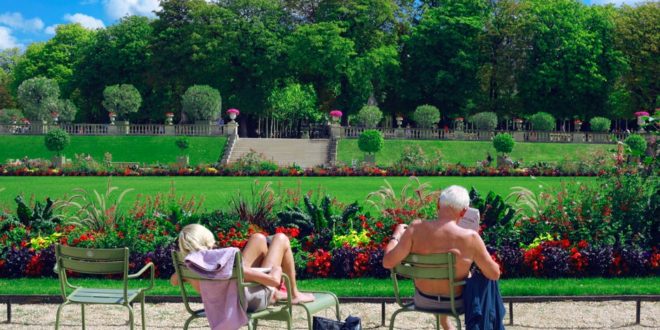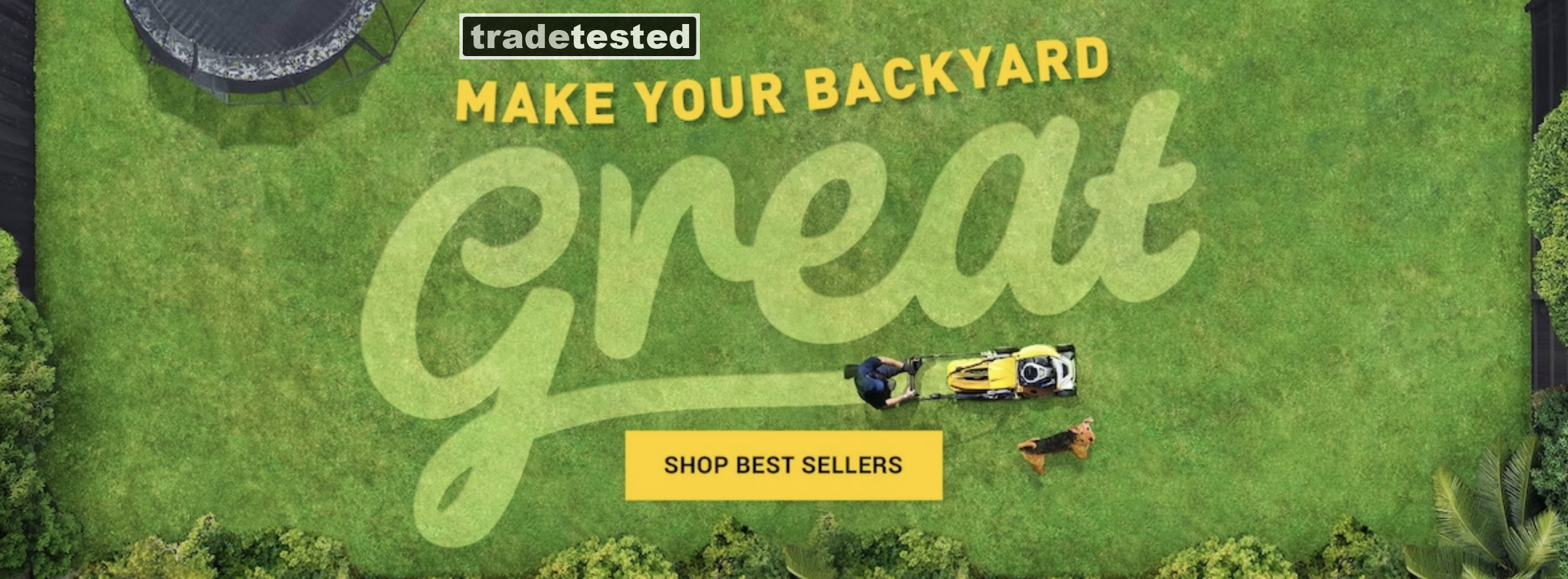When it comes to gardening, everyone seems to have an opinion. From your mother in law to the legendary Don Burke, there’s always some kind of taboo on the table. That’s why we thought it was about time some of the oldest myths in the book were cleared up.
Gardening is for grannies
Wrong! Landscape architect and backyard hunk Jamie Durie agrees that gardening is downright sexy. “Gardening is no longer a granny sport,” he explains. “Gardens are now a reflection of your personality as much as the rug on your floor or the jewellery around your neck. They are a connection to nature, a sanctuary.”
Gardening is hard work
Yes, gardening can be incredibly strenuous and time-consuming. But at the other end of the scale, anyone can get to know their green thumb. Choose the right plant, and the gardening more or less does itself! Food Revolution has some amazing tips on how to grow plants from kitchen scraps. It’s surprisingly easy, and also helps to reduce food waste.
Sunlight and water can burn leaves
Some people swear that plants need to be watered in the shade or after dark to avoid sunburn. Why? Apparently, water droplets focus solar rays (like a magnifying glass) and actively burn foliage. Turns out this isn’t true, but it is best not to water plants in full midday sun, purely because H2O evaporates faster.
Tree wounds need dressing
Unlike humans, tree wounds do not need to be dressed. Yes, it can be painful to gaze up at your favourite New Zealand pohutukawa after a good pruning. But according to experts, trees respond to trauma with chemical and physical changes that form barriers to protect against disease and decay.
Coffee perks up shrubs
A good caffeine hit may wake you up, but sprinkling coffee grounds onto soil can inhibit plant growth by absorbing nitrogen as they decompose. To lower the pH levels of your soil without triggering a nitrogen deficiency, use a sulphur-based soil acidifier.
Fertilising holes helps transplants
It’s common practice to add a little fertiliser to a newly dug hole before rehoming a plant. But apparently, this can discourage the formation of roots as the plant gets everything it needs from fertiliser. Some phosphorus-rich fertilisers can also burn new roots with high salt content, and inhibit growth. Instead, give your plants a nutrient fix by treating them to a thin layer of compost and mulch, leaving a little breathing room around each plant’s stem.
Natural is better
Generally, natural is better. But horticulturists warn that gardeners should think twice about using ‘organic’ treatments for insects, slugs, fungi and other pests. They might be labelled as ‘natural’ but that doesn’t necessarily mean they’re better for the environment. For example, Bordeaux mix is classed as organic, but contains copper which can build up and be harmful. Pyrethrum is another culprit, made from chrysanthemum extract. Yes, it’s natural. But it can also kill ladybirds, bees and other beneficial insects.
Got any gardening old wives tales you’d like to debunk? We’d love to hear them!










Join the Discussion
Type out your comment here:
You must be logged in to post a comment.